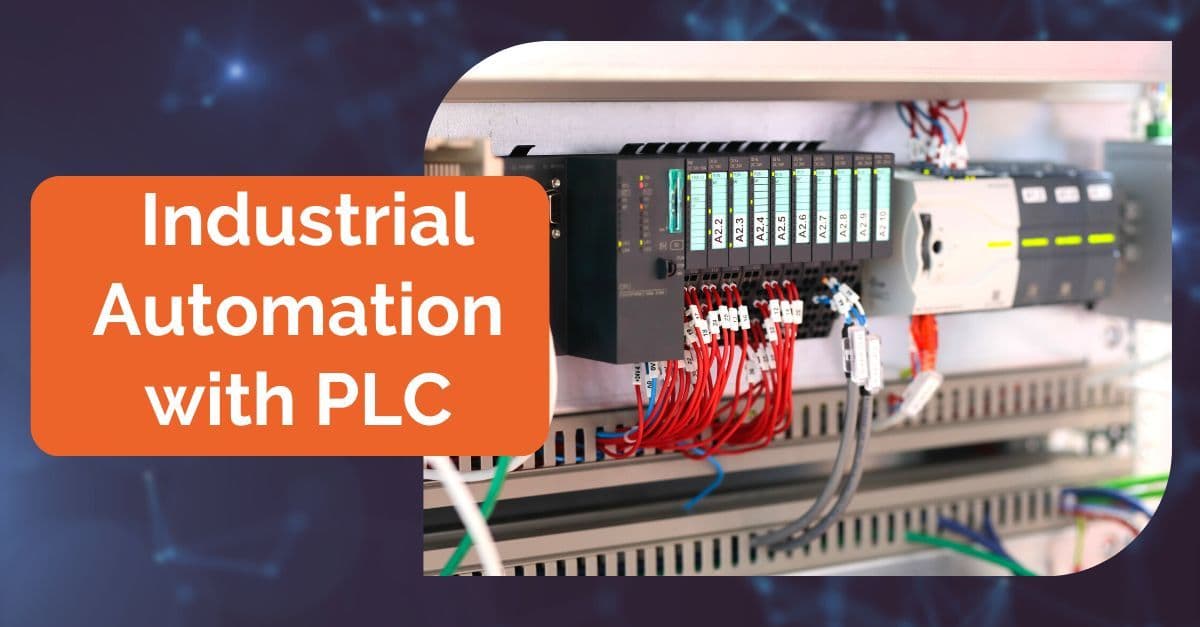
The Role of IoT in Transforming Industrial Automation
The Internet of Things (IoT) is playing a pivotal role in transforming industrial automation. By connecting machines, devices, and systems, IoT is enabling a new era of smart manufacturing and ushering in unprecedented levels of efficiency and innovation.
Enhanced Connectivity: Bridging the Gap
IoT facilitates seamless communication between various components of the industrial ecosystem. Sensors embedded in machines collect real-time data, which is then transmitted to central control systems. This interconnectedness allows for better monitoring, control, and optimization of manufacturing processes, leading to reduced downtime and increased productivity.
Predictive Maintenance: Proactive Problem Solving
One of the most significant benefits of IoT in industrial automation is predictive maintenance. IoT-enabled sensors continuously monitor the health and performance of machinery. By analyzing this data, systems can predict potential failures and schedule maintenance activities before issues arise. This proactive approach minimizes unplanned downtime and extends the lifespan of equipment.
Smart Manufacturing: Data-Driven Decisions
IoT empowers manufacturers to make data-driven decisions. Real-time data analytics provide valuable insights into production processes, enabling companies to identify inefficiencies and areas for improvement. This level of visibility and control allows for agile and responsive manufacturing operations, ultimately enhancing product quality and reducing costs.
Future Prospects: IoT and Industry 4.0
As IoT technology continues to evolve, its impact on industrial automation will only grow. The concept of Industry 4.0, characterized by the integration of IoT, AI, and other advanced technologies, promises to revolutionize manufacturing even further. From autonomous factories to fully connected supply chains, the future of industrial automation is set to be more intelligent and interconnected than ever before.